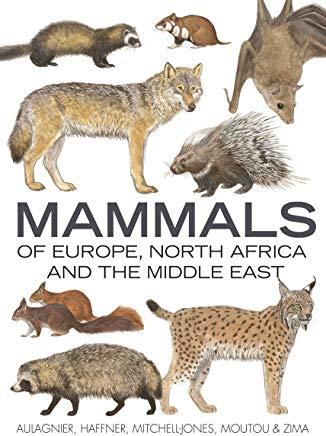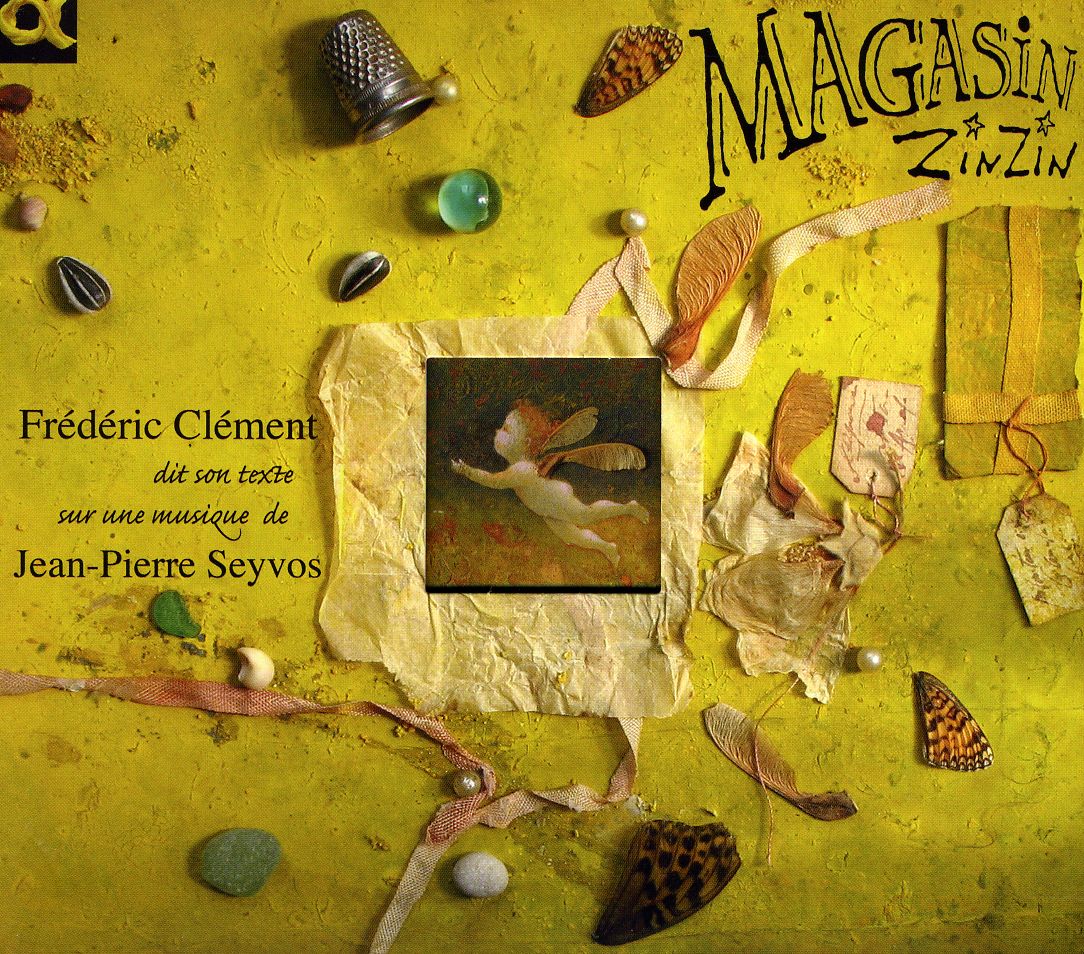
Forster, Edward Seymour
product information
description
er Ghiselin de Busbecq served in several posts as diplomatic representative for the Habsburg ruler Ferdinand I (King of Bohemia and Hungary, 1526-64, and Holy Roman Emperor, 1556-64). Busbecq's most famous mission was undoubtedly to the Ottoman Empire at the zenith of its power and glory during the reign of Suleiman the Magnificent. In four letters to his friend Nicholas Michault--who had been Busbecq's fellow student in Italy and afterwards was imperial ambassador to the Portuguese court--he details impressions on everything he saw and experienced in Turkey, including landscapes, plants, animals, Islam, ethnic groups, architecture, slavery, military matters, court practices, clothing, gender and domestic relations, and the Sultan himself. Suleiman (spelled Soleiman in the translation) the Magnificent is perhaps the most distinguished figure in Turkish history, and his reign saw the greatest extension of Turkish power. His devotion to his own religion and his tolerance of other faiths, his munificence and generosity, won him the fidelity of his subjects and the respect of his enemies. Busbecq was given the assignment of using diplomacy to check the raids of the Turks into Hungary, and he proved very effective with his quick sympathy, appreciation of the Turkish character, and untiring patience. He returned from Constantinople in the autumn of 1562 with an established reputation as a diplomatist. Busbecq's Turkish Letters is a treasure of early travel literature, reflecting Busbecq's rich literary talent, classical education, love for collecting antiquities, and remarkable power of observation. Delightfully entertaining reading, it also offers invaluable lessons on understanding and bridging cultural divides.
member goods
No member items were found under this heading.
Return Policy
All sales are final
Shipping
No special shipping considerations available.
Shipping fees determined at checkout.







